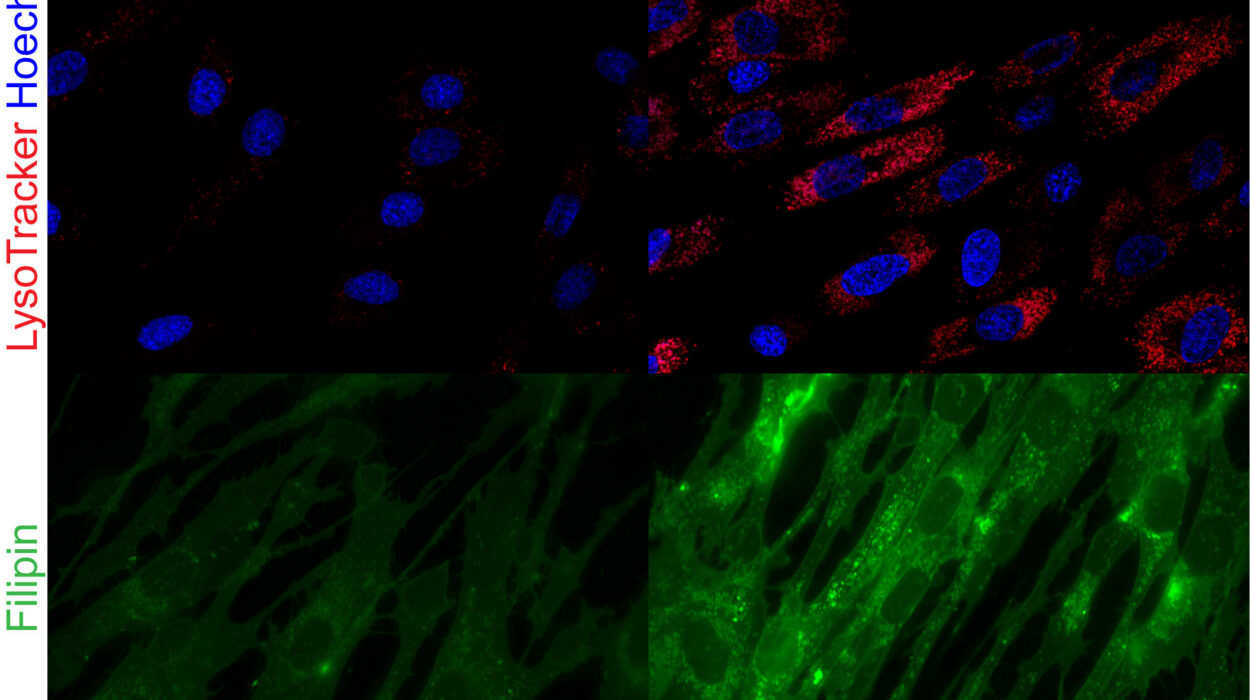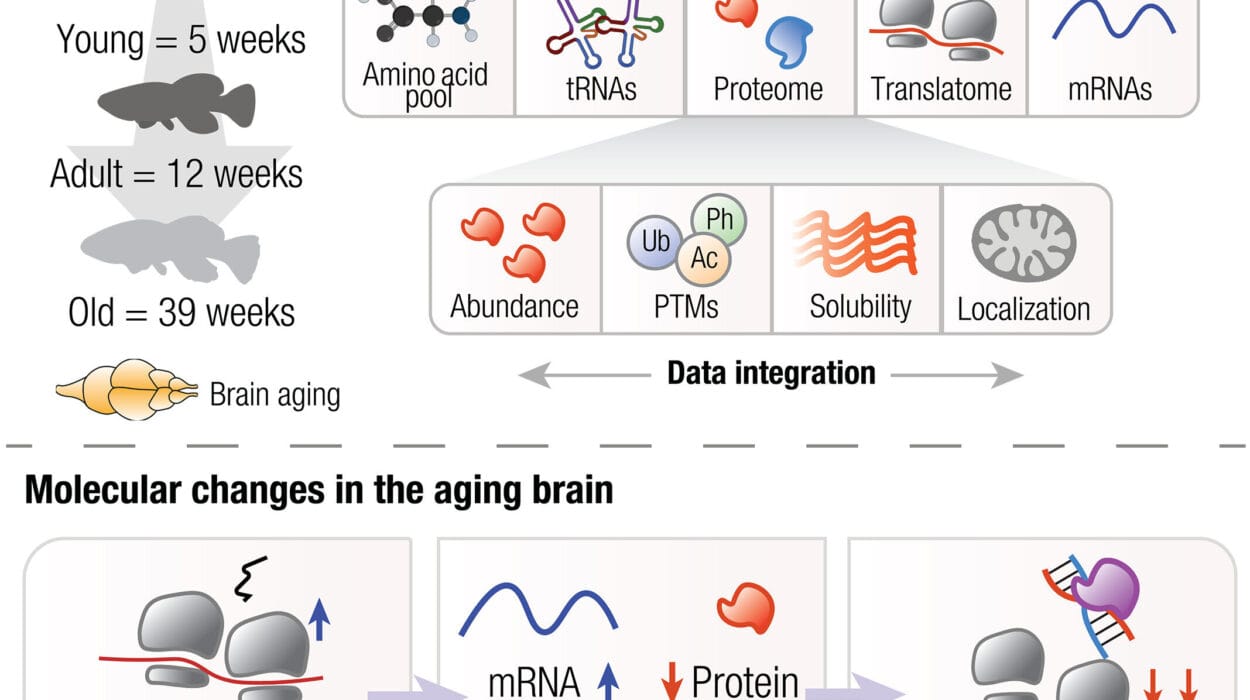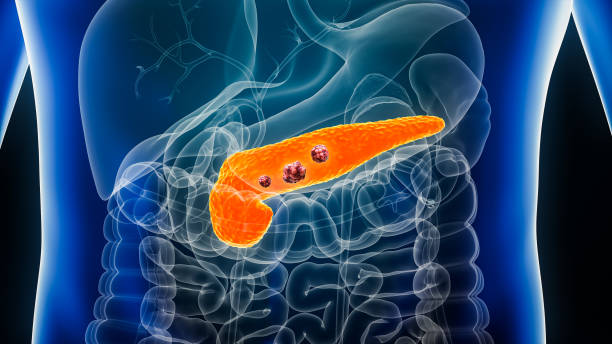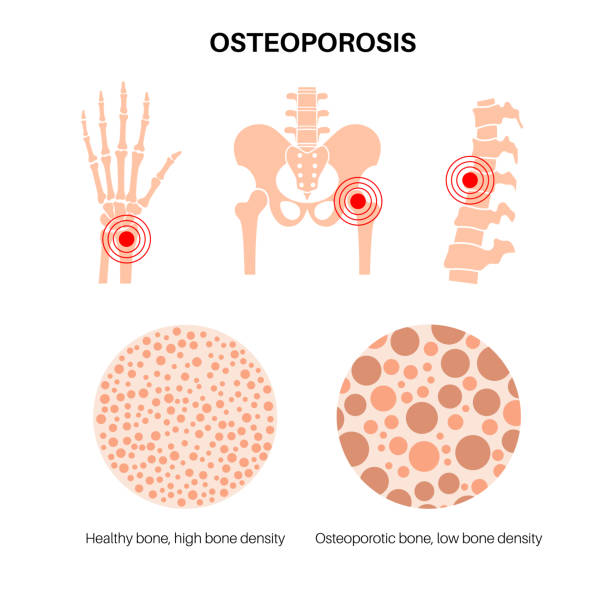Cardiovascular disease (CVD) is one of the most prevalent health conditions across the globe, and yet it remains a largely silent killer. For many, the symptoms of heart disease are subtle or even non-existent until it’s too late. Heart attacks, strokes, and other complications often strike unexpectedly, leaving families devastated and individuals caught off guard.
Despite its grave consequences, cardiovascular disease is largely preventable. And the key to prevention is not necessarily in the hands of doctors or medical interventions, but in our daily choices—our lifestyles. The foods we eat, the way we manage stress, our levels of physical activity, and even our sleep habits can either promote heart health or contribute to the deterioration of our cardiovascular system.
In this essay, we will explore how adopting a healthier lifestyle can prevent cardiovascular disease, focusing on actionable steps to improve heart health, reduce risks, and ultimately prolong life.
Understanding Cardiovascular Disease: What’s at Stake?
Before diving into prevention strategies, it’s important to understand what cardiovascular disease actually entails. CVD is a general term for a range of conditions that affect the heart and blood vessels, including coronary artery disease, heart attacks, strokes, heart failure, and arrhythmias.
At the core of most cardiovascular diseases is a process called atherosclerosis, where the arteries become clogged with fatty deposits, or plaque. This plaque narrows the arteries and restricts blood flow, making it harder for the heart to get enough oxygen and nutrients. Over time, these blockages can lead to life-threatening events, such as heart attacks or strokes, when the blood supply is interrupted.
Many factors contribute to the development of atherosclerosis, including poor diet, lack of exercise, smoking, excessive alcohol consumption, and chronic stress. Understanding these risk factors gives us the power to make better choices and avoid the conditions that lead to heart disease.
The Role of Diet in Cardiovascular Health
When it comes to preventing cardiovascular disease, diet is perhaps the most important factor. The food we consume directly affects our cholesterol levels, blood pressure, and overall heart function. A diet high in saturated fats, processed sugars, and refined carbohydrates can promote the buildup of plaque in the arteries, leading to a higher risk of heart disease.
However, adopting a heart-healthy diet doesn’t require drastic changes or deprivation. Small, consistent changes in food choices can have a big impact. One of the first steps is to embrace a diet rich in fruits, vegetables, whole grains, and lean proteins. These foods are packed with essential nutrients, including fiber, vitamins, and minerals, which help support heart health by lowering cholesterol and maintaining healthy blood vessels.
An excellent way to begin improving your diet is by increasing your intake of fiber. Foods high in fiber, like oats, legumes, and vegetables, can help reduce “bad” LDL cholesterol, which contributes to the formation of plaque in the arteries. Soluble fiber, in particular, binds to cholesterol and helps remove it from the body before it can cause harm.
Incorporating healthy fats into your diet is also crucial for heart health. Instead of opting for butter, lard, or processed oils, choose unsaturated fats found in foods like olive oil, avocados, and fatty fish such as salmon or mackerel. These fats help reduce inflammation, lower cholesterol levels, and support overall cardiovascular health. Omega-3 fatty acids, found in fish and certain seeds, are particularly beneficial for preventing heart disease as they reduce the risk of arrhythmias and lower blood pressure.
Equally important is limiting your intake of unhealthy fats, such as trans fats and saturated fats, which are commonly found in fast food, packaged snacks, and baked goods. These fats increase the amount of LDL cholesterol in your blood, leading to plaque buildup in the arteries.
Finally, it’s essential to reduce your sodium intake, as high sodium levels are linked to high blood pressure, a major risk factor for heart disease. Many processed foods, canned goods, and restaurant meals are packed with excess salt. Opting for fresh, whole foods and using herbs and spices to flavor your meals is a great way to cut back on sodium.
The Importance of Physical Activity
Physical activity is another cornerstone of heart disease prevention. Regular exercise strengthens the heart muscle, improves blood circulation, and helps regulate blood pressure and cholesterol levels. But it’s not just about hitting the gym or running marathons—it’s about incorporating more movement into your daily life.
The American Heart Association recommends at least 150 minutes of moderate-intensity aerobic activity or 75 minutes of vigorous-intensity aerobic activity each week. This could include activities like brisk walking, swimming, cycling, or dancing. In addition to aerobic exercises, it’s important to incorporate strength training exercises at least two days a week to help improve overall muscle tone and metabolic function.
The benefits of physical activity extend beyond cardiovascular health. Exercise also helps with weight management, which is crucial for reducing the risk of heart disease. Being overweight or obese is a significant risk factor for heart disease, as it can lead to high cholesterol, high blood pressure, and insulin resistance.
Even if you don’t have time for long workouts, small changes can add up. Take the stairs instead of the elevator, park further away from your destination to get extra steps, or try walking or cycling to run errands. The goal is to make movement a regular part of your day.
Stress Management: The Heart’s Hidden Enemy
Chronic stress is a silent yet powerful contributor to heart disease. When we experience stress, our bodies release hormones like adrenaline and cortisol, which can increase heart rate, elevate blood pressure, and contribute to inflammation in the blood vessels. Over time, prolonged stress can damage the arteries, increase the risk of heart disease, and lead to unhealthy coping mechanisms such as overeating or smoking.
Managing stress is therefore a critical component of heart health. While we can’t eliminate stress from our lives entirely, we can adopt strategies to cope with it more effectively. Mindfulness practices, such as meditation and deep breathing, have been shown to reduce stress and lower blood pressure. Taking time each day to sit quietly and focus on your breath can calm the nervous system and promote relaxation.
Incorporating physical relaxation techniques, such as yoga or Tai Chi, can also be helpful. These practices combine gentle movement with mindful breathing, helping to reduce both physical tension and emotional stress. Additionally, engaging in activities that bring joy and relaxation—whether it’s spending time in nature, reading, or engaging in a hobby—can provide much-needed respite from daily pressures.
Social connections play a vital role in stress management as well. Strong relationships and social support networks can buffer the negative effects of stress and promote a sense of well-being. Spending time with loved ones, participating in community activities, or joining a support group can help reduce feelings of isolation and anxiety.
Sleep and Heart Health: The Overlooked Link
Sleep is often one of the first things we sacrifice when life gets busy. But chronic sleep deprivation is a significant risk factor for cardiovascular disease. During sleep, the body has the opportunity to repair itself, regulate hormones, and restore vital systems. Insufficient or poor-quality sleep can lead to high blood pressure, increased inflammation, and an elevated risk of obesity—all of which contribute to heart disease.
To prioritize heart health, aim for 7 to 9 hours of sleep per night. Creating a sleep-friendly environment by keeping your bedroom cool, dark, and quiet can help improve the quality of your sleep. Establishing a relaxing bedtime routine, such as reading a book or taking a warm bath, can signal to your body that it’s time to wind down.
Avoiding stimulants such as caffeine or alcohol close to bedtime can also improve sleep quality. Caffeine can interfere with your ability to fall asleep, while alcohol may disrupt the sleep cycle, leading to poorer restorative sleep.
The Role of Smoking and Alcohol in Cardiovascular Health
It’s no surprise that smoking is a major risk factor for cardiovascular disease. The chemicals in tobacco smoke damage the blood vessels, promote plaque buildup, and reduce oxygen levels in the blood, increasing the likelihood of heart attacks and strokes. If you smoke, quitting is the single most effective step you can take to reduce your risk of heart disease.
Likewise, excessive alcohol consumption can contribute to high blood pressure, irregular heart rhythms, and heart failure. While moderate alcohol intake may have some protective effects on the heart, heavy drinking can be highly detrimental to cardiovascular health. The key is moderation: for women, up to one drink per day, and for men, up to two drinks per day.
The Power of Regular Health Check-ups
Preventive healthcare is crucial in identifying risk factors for heart disease early, before they develop into more serious problems. Regular health check-ups, including blood pressure and cholesterol screenings, can help identify issues such as high blood pressure or high cholesterol, both of which increase the risk of heart disease.
In addition to monitoring vital signs, your healthcare provider can offer personalized advice on lifestyle modifications and medications to help manage any risk factors. They may also recommend specific tests, such as an electrocardiogram (EKG) or echocardiogram, to assess your heart’s function and detect any potential issues.
Conclusion: A Holistic Approach to Heart Health
Preventing cardiovascular disease is not about achieving perfection, but about making consistent, thoughtful choices that support heart health. By adopting a heart-healthy diet, staying physically active, managing stress, getting quality sleep, avoiding smoking and excessive alcohol, and maintaining regular check-ups, you can dramatically reduce your risk of developing heart disease.
Remember, the heart is not just an organ—it’s the center of your vitality.
By taking care of it, you take care of yourself, and in doing so, you can enjoy a longer, healthier life.






